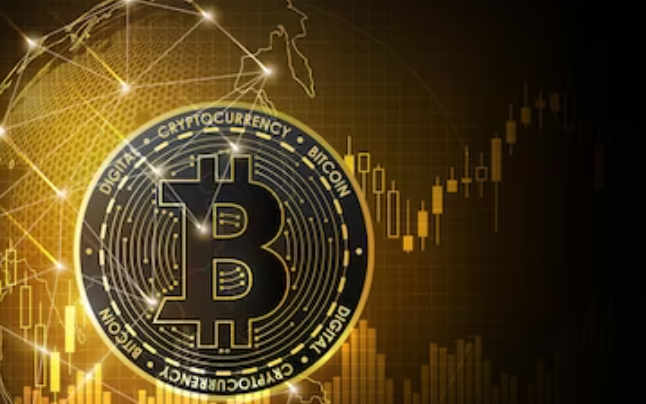$BTC $ETH #Tokenization #Blockchain #Finance #RealWorldAssets #Investment #WallStreet #Innovation #DigitalAssets #FutureOfFinance #CryptoNews #RWA
Is Tokenization Wall Street’s Next Big Challenge? Discover Why Finance May Be Unprepared!
Tokenization news is rapidly reshaping the financial landscape, and industry leaders are starting to take notice. According to Nick Cherney, head of innovation at Janus Henderson Investors, the tokenization of real-world assets (RWA) on blockchain technology is not merely a concept for the distant future; it is a reality unfolding today. This shift has significant implications for Wall Street and the broader financial ecosystem.
The rise of tokenization represents a paradigm shift in how we perceive ownership and investment. Traditionally, assets such as real estate, stocks, and commodities were tied to physical forms or central databases, creating limitations in liquidity and accessibility. However, with blockchain technology, assets can be digitized, allowing them to be traded seamlessly across borders and 24/7.
The Mechanics of Tokenization
Tokenization involves converting ownership rights of an asset into digital tokens that exist on a blockchain. This process not only enhances liquidity but also democratizes access to high-value investments. For example, fractional ownership of real estate has become feasible, allowing smaller investors to participate in markets that were previously out of reach.
Moreover, smart contracts—self-executing contracts with the terms directly written into code—add another layer of efficiency. They automate transactions, reducing the need for intermediaries and thus lowering costs. This innovation could potentially transform the operational dynamics of financial markets.
Why Wall Street Might Be Unprepared
Despite the promising advantages of tokenization, Wall Street may not be ready for this seismic shift. One significant hurdle is regulatory uncertainty. Financial institutions are accustomed to a structured regulatory framework, and the rise of decentralized finance (DeFi) poses questions regarding compliance and oversight.
Additionally, many traditional financial professionals may lack familiarity with blockchain technology, leading to skepticism or resistance. As the landscape evolves, a knowledge gap could hinder adoption. Firms will need to invest in education and training to equip their teams with the necessary skills to navigate this new frontier.
The Path Forward
For tokenization to gain traction, collaboration between technology providers, financial institutions, and regulators will be crucial. The development of standardized frameworks and best practices can facilitate smoother integration of tokenized assets into existing financial systems.
Moreover, as the trend towards digital assets accelerates, investors should remain informed. Following tokenization news will be essential for understanding market dynamics. Engaging with platforms that facilitate tokenized investments may present lucrative opportunities.
Investors and institutions looking to explore the benefits of tokenization should consider platforms like Binance, which offers a robust ecosystem for trading digital assets.
In conclusion, while tokenization of real-world assets on blockchain is indeed happening now, Wall Street faces challenges in adapting to this transformative change. By remaining proactive and informed, financial professionals can position themselves to thrive in the evolving landscape of finance. The future is digital, and embracing tokenization could be the key to unlocking unprecedented opportunities.











Comments are closed.